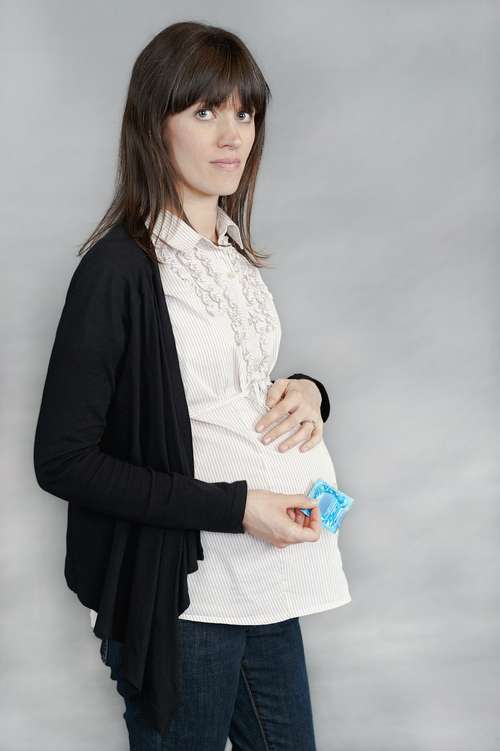
Source: Pexels
Postpartum depression is mostly suffered by mothers after childbirth due to hormonal changes. The risk of this in women can cause high-low mood swings, fatigue, anxiety and inability to take care of her small child, emotional changes, feeling depressed kind of symptoms.
There are three types of postpartum depression which are postpartum blues, postpartum depression, and postpartum psychosis.
In postpartum depression, you may feel detached from your newborn and your partner. This can cause thoughts of hurting you or your newborn that lead to impacting worse mental health.
From this, you can protect yourself by managing stress, developing coping strategies, and looking after yourself mentally and physically. Before you give birth to your new ones, always keep someone who can take care of both parent and child. Take therapy if required.
What Are the Symptoms of Postpartum Depression?
Source: Pexels
The symptoms of postpartum depression include:
- Anxiety and depression
- Considerable weight loss or gain
- No interest in enjoying the moment with child and husband
- Feelings of unsatisfied and irritated
- Lack of sleep or sleepy all time
- No energy in the body to perform daily tasks
- Mental slowness and an inability to concentrate
- Suicidal or harming ownself thoughts
Steps to Overcome Postpartum Depression
-
Make Sure to Have a Proper Diet and Sleep
You should make sure your sleep cycle is proper and have sufficient sleep without any disturbance. A proper diet is a must as a mother of a newborn, always make sure to have a proper meal to keep your body healthy.
This helps the newborn get sufficient milk while breastfeeding and helps to keep you away from weakness.
-
Consulting Support
Always ensure to seek support from someone who can understand you and make you come out of depression. This can be a support & advice group, family, or medical qualified professionals to share your thoughts, feelings, and experiences you face throughout the time.
-
Medications
Ensure you have medications properly to recover soon from stress and depression to start living a healthy and happy life where you can spend quality time with your loved ones.
-
Look after Yourself
Becoming a parent is not an easy task. You have to be always available for your child and in such times you face these symptoms that you do not realize and ignore them.
This should never be the case you must always treat yourself first as a parent also need to pay attention to your body to keep the mental state, and body in better condition to deal with such depression.
Final Words

Source: Pexels
It is never late to reach out for help to someone who you can share your feelings with. As soon as you get to know the symptoms it is better to seek help from someone who can understand you.
Qualified professionals or support groups or similar experience groups can interact with you and advise you in dealing with postpartum depression. You can also seek help from your family members or your partner who can take care of you to make sure you recover soon.




